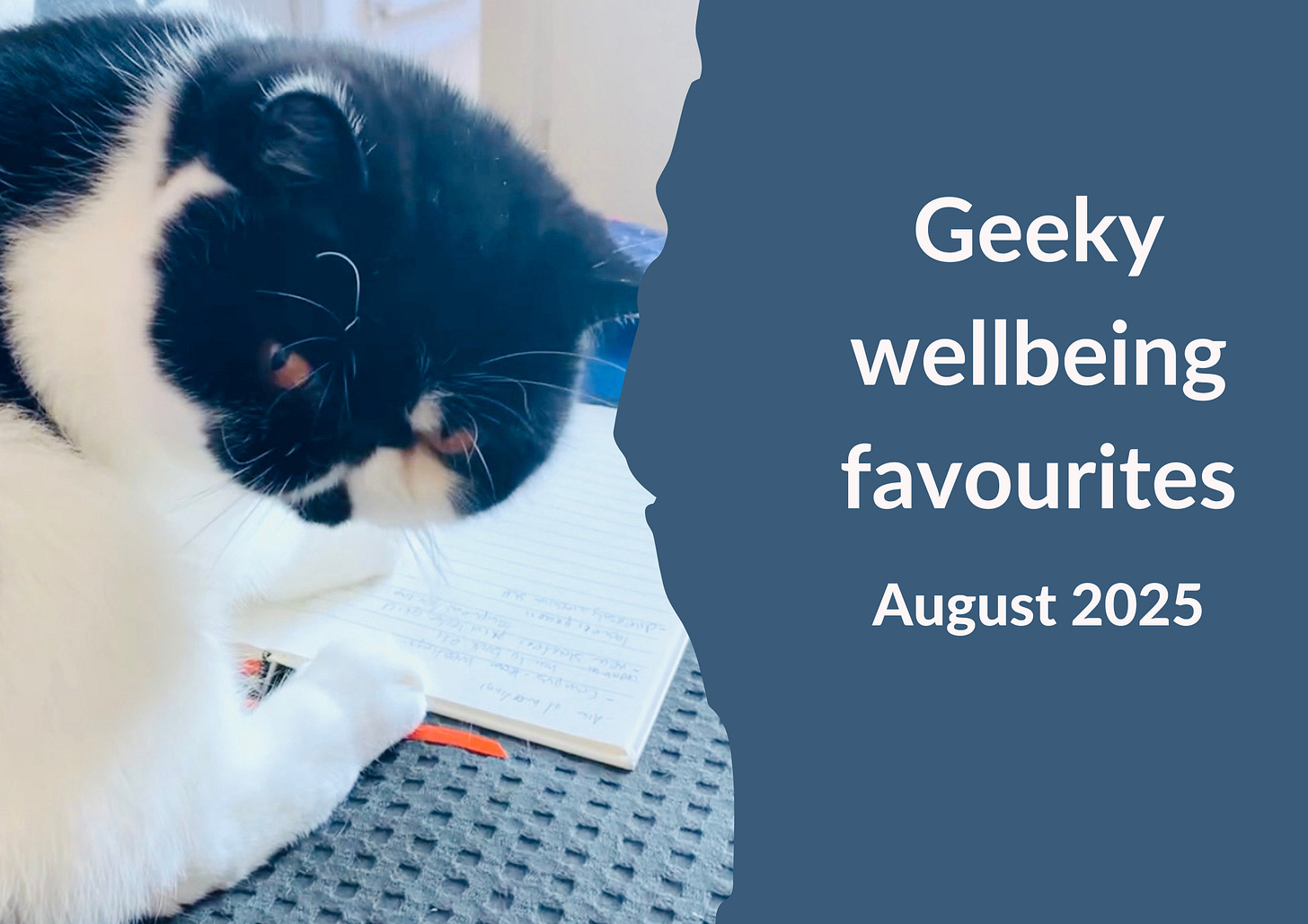A while ago, I started writing a morning journal. It’s not structured in any special way, it’s just writing 2–3 pages of whatever is in my head that morning, through a process called ‘free-writing’ (which is basically just writing but with a better name, sometimes a name can help, in this case to be more free about the content and consequences).
I was inspired by Julia Cameron’s ‘Artist’s way’, which is a must-read for anyone stuck in a creative rut (you just need to bypass any mentions of God, and there are many I’m afraid, if you are not so-inclined). In the ‘Artist’s way’, Cameron asks readers to write morning pages as a way to get rid of the thoughts and the nonsense and clear the path for creativity to come through. In some ways, it’s a bit of a meditation in words, or perhaps a meditation preparation.
As I’ve discovered in my MSc, there is actually research behind doing something like this (yes, I’m doing another MSc, in case I didn’t say so already. They actually asked me to do a video for them to use as promotion. It was a bit cringe to do, haha).
One of the pioneers of the field found that his method of what he calls ‘expressive writing’ help PTSD sufferers with their trauma. There are many reasons for this, but one that I wanted to linger on is the same principle to that of morning pages – getting stuff off your head so it doesn’t bother you quite as much as it before. It feels complete, like you have done something about it, dealt with it, and now you can move on and do something else instead.
My morning journal is a load of nonsense most days. Most of the time it’s my to-do list for the day, or a calculation of when I’m going to manage to fit stuff in. Sometimes I get to page 3 and something interesting will appear as the mental clutter releases on page 1 and 2. Sometimes a full poem comes out, although those times are rare. It’s important to have no expectations and no judgement, just like in a mindfulness practice.
There’s a lot of research in this space that I haven’t managed to explore yet (perhaps we can explore it together in this newsletter, as it evolves – what do you think?). But for now, perhaps something to try at home:
One page of something in the morning to declutter your head. Or if you prefer, 10–15 min of writing.
Just write, without stopping, without editing, without thinking. Let the words come out.
Try this for a week and see what happens.
Try it also before your meditation practice or even your yoga practice and see if this act of letting you allows you to get deeper quicker than before.
Mind–body research highlights
As I missed last month’s newsletter (did you even notice?), here are a few more highlights to look at.
The gut microbiota, the mind–body and sleep
This is pretty cool –this review looks at research that connects mind–body practices like yoga with having a health gut microbiota, and also healthy sleep. The paper puts forward the hypothesis that the improvements in sleep driven by mind–body practices are because of the improvements in the gut microbiota, although I’m not fully sold on the evidence to support this.
More on how yoga can help with sleep
A systematic review of studies on yoga and sleep finds that yoga can help to improve sleep. Interesting that 1–2 times per week seemed to be enough to show benefits for those living with insomnia. Also the longer-term intervention (over 17 weeks) had the most robust results.
If you’re interested in sleep, join the workshop on Yoga, the Immune System and Sleep on October 8th, live online on Zoom (or recording available)
What stops those living with cancer from sticking to yoga?
Yoga can be a great compliment to treatment for those living with cancer, but many people start and don’t stick to it. This article consolidates existing research to look at what stops people from sticking to yoga (the barriers to what is healthcare is called ‘adherence’) and what makes it easier (the ‘facilitators’). No huge surprises here – barriers include difficulty accessing yoga, lack of time, lack of interest and experiencing cancer symptoms, and facilitators include availability of supportive materials and access to online classes. So if you’re designing a yoga for cancer programme, definitely worth considering these issues (and also looking at the full article).
Exercise (including yoga) is good for sleep in peri- and post-menopause
Shouldn’t come as a huge surprise, but this systematic review concludes that exercise is important for psychological wellbeing and sleep in women going through perimenopause and menopause. The articles they looked at had evaluated different types of exercise, including yoga, Pilates and aerobics. The abstract weirdly mentions ‘relaxation’ as well, which to me sounds like a weird type of exercise – perhaps if I had access to the paper I would know.
Until next month!


